Different influences are still to be seen in Shabac: the downtown area has an old Austria-Hungarian charm, while small streets towards the Sava river kept the feel of the Orient. The town was under the rule of both throughout history. There on Sava bank, there lies the famous fortress. It dates back to the 15th century when Turks were ruling the area.
It is well known that they have chosen a suitable piece of land where the river bank went slightly up and where the small river Kamichak flowed into Sava. This fortress was an important stronghold for centuries looking over the border of the Austria-Hungarian Empire. The fortification and surrounding settlement were named Bajerdelen by Turks, meaning „the one hitting the side“.

During their rule, life went within the walls of the fort, and the town was built much later, surrounding it. The soil there was not that good for any kind of construction because of the swamp and Sava’s and Kamichak’s waters beneath the hill. But, the so-called Bair (the hill) was one of the oldest settlements here. There was a long wooden bridge once, going from Bair over constantly flooded soil, and Serbs and Turks lived there side by side…
Real nice journey into history, thanks to our 19th-century British diplomat whose book I’m reading!
Well, one more coffee before I leave this town. (Serbian, black, but still often referred to as „Turkish“. It’s popular among Serbs and similar to Greek coffee or Arabic.) Sitting on the balcony of one of Shabac’s modern cafes, trying to recall all those Mr. Paton’s remarks on the area during the Turkish rule. People walking by, pleasant breeze, no rush.
„Turkish coffee, please. And a lemonade“, I said.
„Sorry, madam“, says the young waiter, „we do not serve Turkish coffee here“.
No, really? On this side of Bair?!
Next: FORTRESS OVERLOOKING SAVA RIVER (6)
The full 19th-century Serbia SERIES
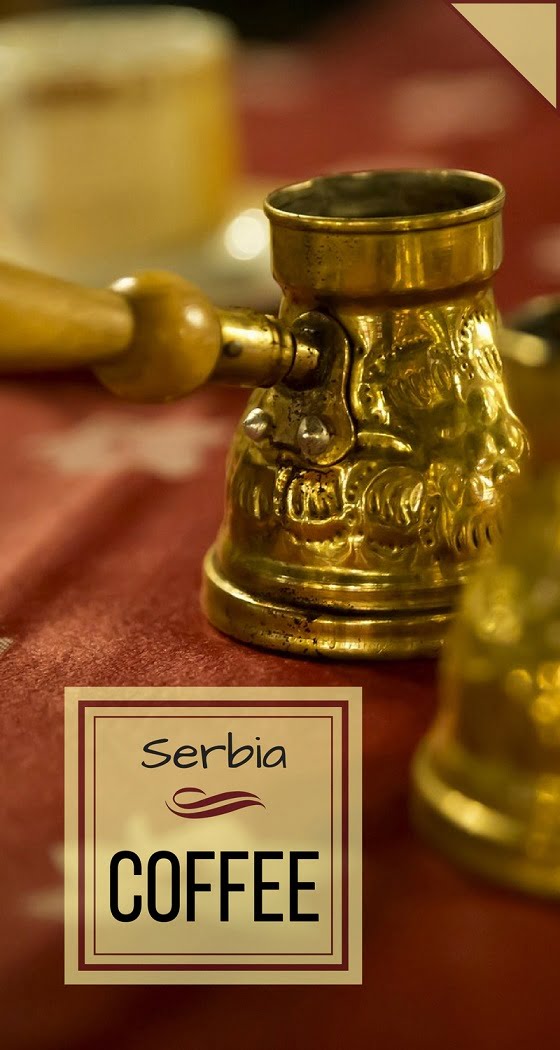


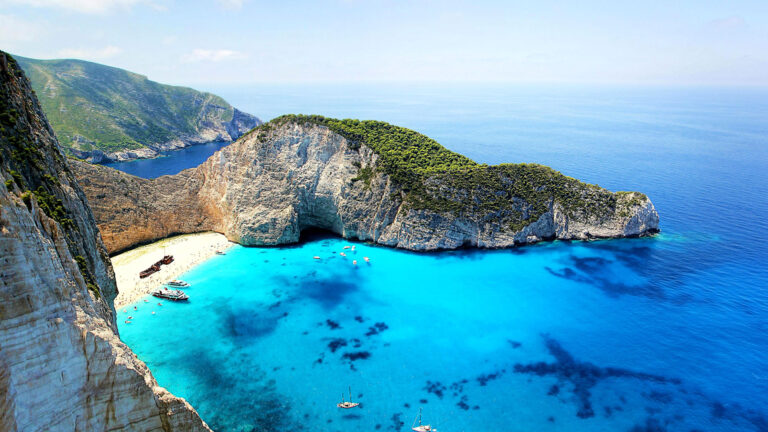
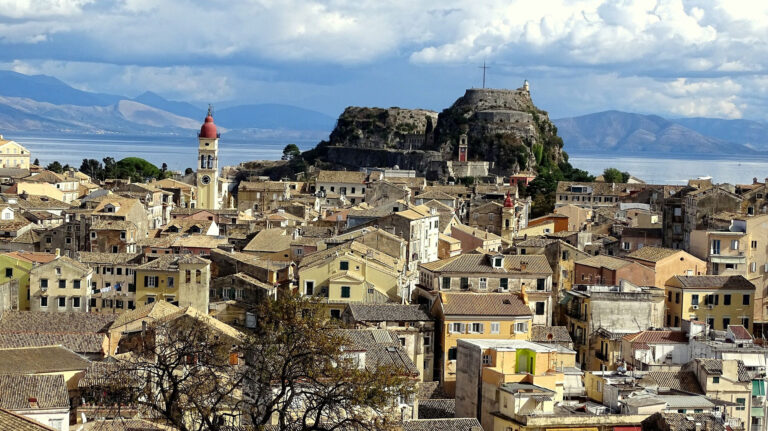
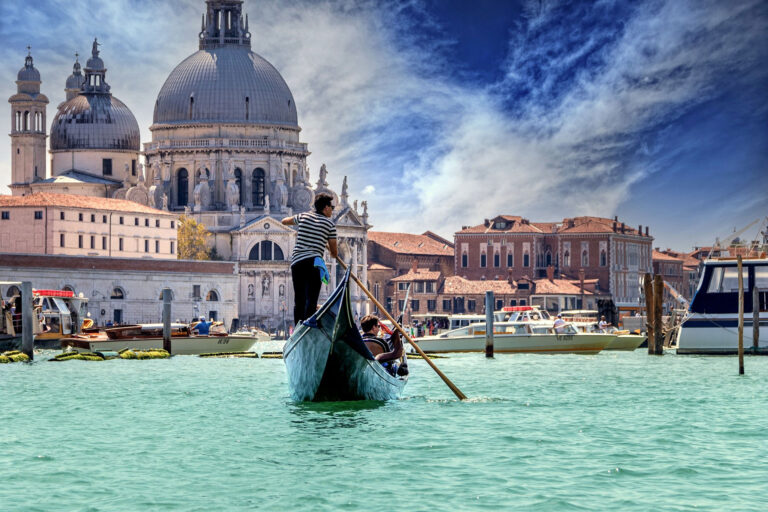
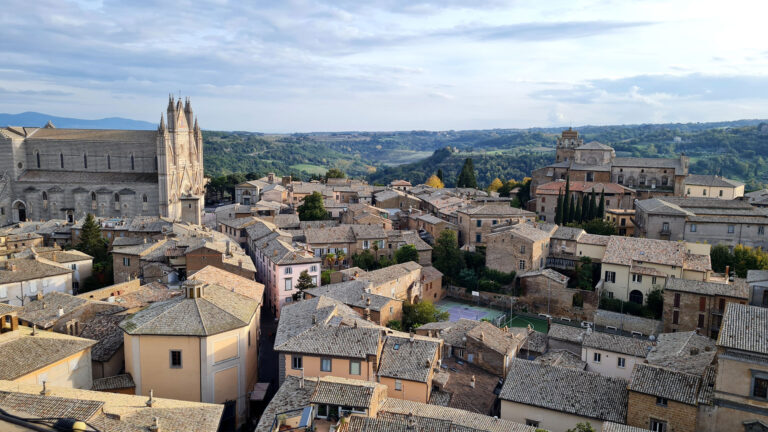




0 responses
Being Greek, I like to think of it as Greek coffee. But it seems that people in the Balkans, and Serbs in particular, prefer all things Turkish, even if they were enslaved by the Ottoman empire. This is to be expected since they rely on Turkey for fabrics and other imports. This was truest during the Tito years, when there was a lot of money to be made on a fairly simple trip from Belgrade to Constantinople.
Respect your opinion. It might be Greek coffee in Greece, but it was never referred to as Greek in Serbia. Not because we prefer “all things Turkish”, of course, but because it was introduced to us by Turks throughout history. Meanwhile it became known as Serbian coffee. It’s that simple. 🙂
Yes. But the Greeks introduced it to the Turks way before the Ottoman empire ever existed.
That may be, but it doesn’t change the fact that this region got used to it as to Turkish, regardless to the actual origin. It wasn’t my intention to diminish the importance of Greek or any other role regarding the issue, as I’m sure it’s visible in the text above.
I’m not saying you did. I’m educating potential readers on the origin of Turkish coffee. Sorry if it came out that way. I like discussing details of a post sometimes. I also welcome that on my posts. I apologize for any misunderstanding. I enjoy your posts. Are you the one writing the Cyrillic version as well?
No misunderstanding, of course. 🙂 Yes, it’s the same text, in both languages, both versions are mine.